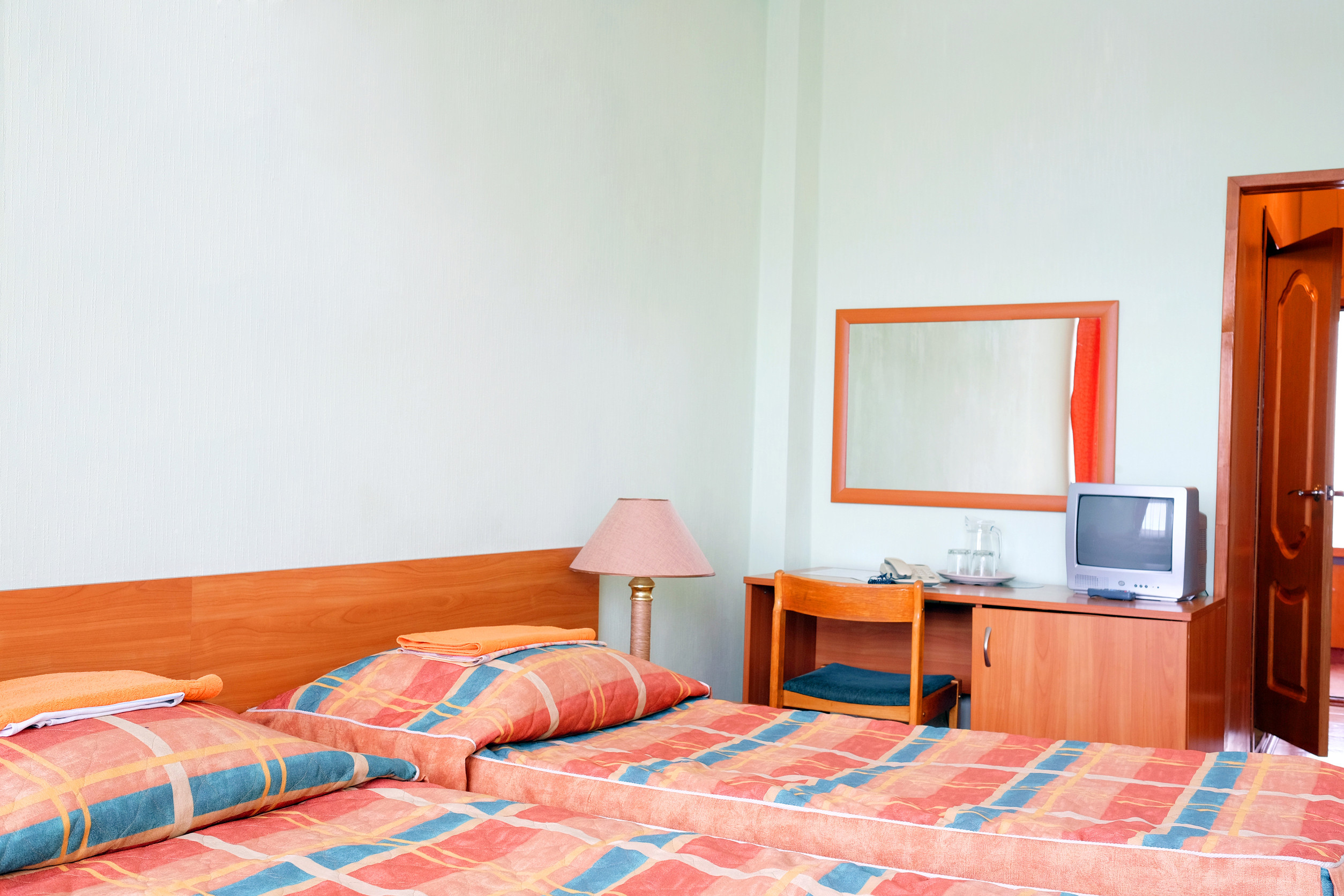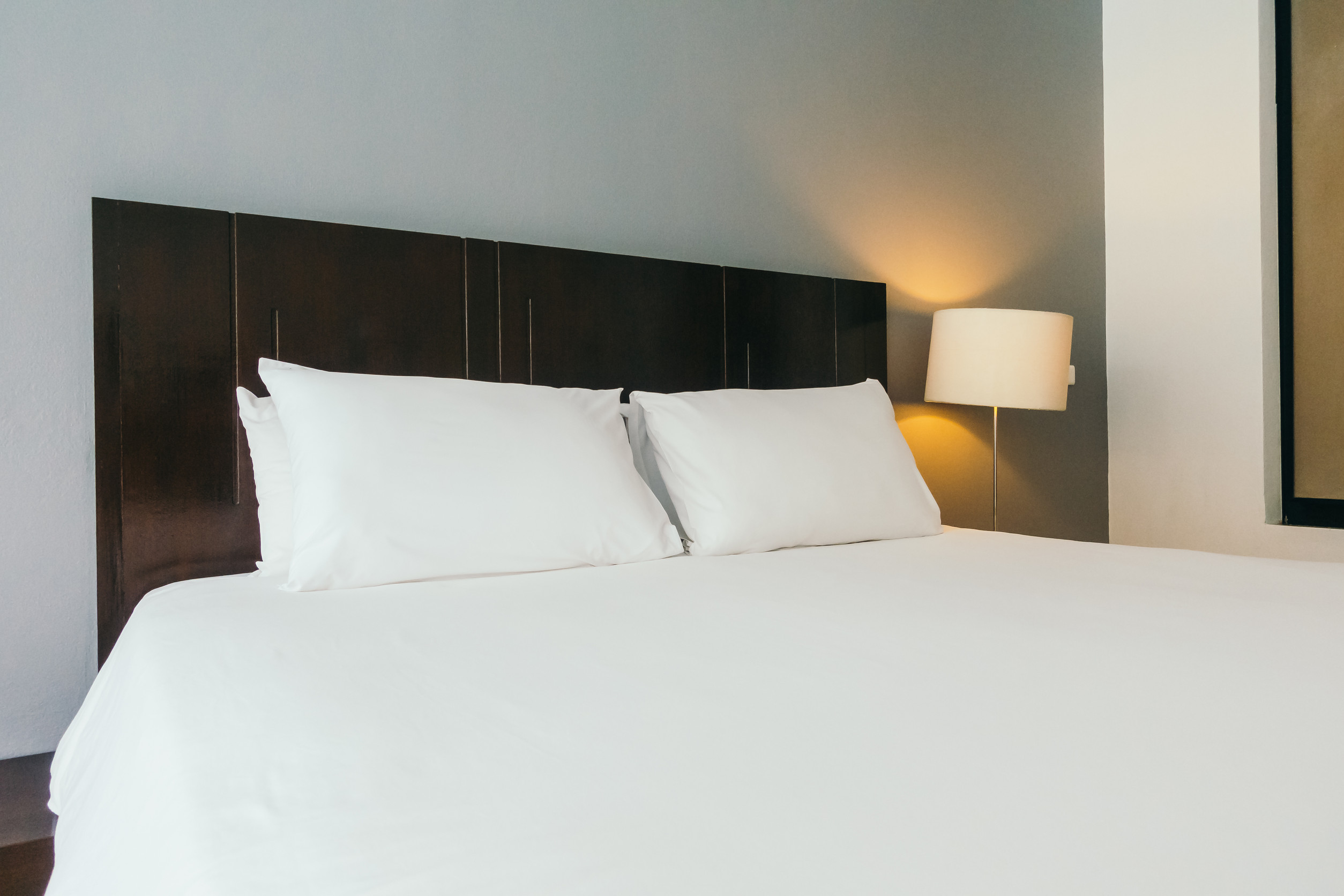
In the age of smart everything, even the cable box in a motel room can become a digital Trojan horse. Most travelers don’t think twice before logging into Netflix, Hulu, or Disney+ on a hotel TV, assuming it’s just a harmless convenience. But what they don’t see is that many of these devices aren’t secure — and that’s a perfect opportunity for cybercriminals.
Hidden within the sleek interface of a motel’s cable or streaming box could be malware, data harvesting tools, or outdated firmware with gaping vulnerabilities. What seems like a simple movie night on vacation could easily become a gateway to your personal information being stolen.
Streaming Devices Aren’t as Innocent as They Look
Motel cable boxes or smart TVs often run on modified versions of Android TV, Fire OS, or proprietary systems that have minimal security oversight. Once a guest logs into their streaming accounts, those credentials are stored locally — often unencrypted or poorly protected. Hackers with physical access or remote exploits can extract login data, giving them access long after checkout. Many motels don’t wipe or reset devices between guests, meaning credentials can accumulate like digital breadcrumbs. A single compromised box can harvest dozens of active streaming logins, turning entertainment into exploitation.
The Problem With Outdated Firmware
Firmware updates are critical to patching known vulnerabilities, yet most motels don’t prioritize them. Old software often lacks the protections needed to ward off even basic forms of intrusion, and hackers know this. They scan for boxes running outdated operating systems, then use exploits that are publicly documented. Once inside, they can install keyloggers or data sniffers without triggering alerts. This is especially dangerous because guests trust these systems, unaware they’re using compromised devices.
Hidden Ports and Open Access
Behind the TV, most motel cable boxes and streaming devices have open USB ports, HDMI inputs, and sometimes even exposed network jacks. A hacker posing as a guest can quickly plug in a malicious USB stick and deploy payloads in seconds. Without physical security or system locks, these devices become sitting ducks. Worse still, many of them run with root access or admin privileges by default. That means an attacker doesn’t need to crack passwords — the system simply hands over control.
Wi-Fi Snooping and Network-Based Exploits
Even if a guest doesn’t log into anything directly on the TV, hackers can use the motel’s Wi-Fi to access devices on the same network. Many streaming boxes are left discoverable, with open ports like ADB (Android Debug Bridge) enabled, which makes remote hijacking easy. Once inside the local network, attackers can launch man-in-the-middle attacks, intercept credentials, or inject malicious code. Public and semi-public networks in motels are rarely segmented, so one infected device can lead to a chain reaction. That’s how a single insecure box can compromise multiple guests at once.
Why Account Theft Is Just the Beginning
When a hacker gains access to a streaming login, it’s rarely just about watching free movies. Many people reuse passwords across platforms, meaning a compromised Netflix login could unlock email, cloud storage, or even banking credentials. Streaming services also store credit card information, location history, and device activity logs. This gives hackers a treasure map of your digital life. Credential stuffing — where stolen logins are tested on hundreds of other services — is a booming black market practice powered by breaches like these.
Streaming Account Black Markets Are Thriving
Stolen streaming logins are sold on dark web marketplaces for as little as a few dollars per account. Buyers use them to access content without paying, but also to impersonate users, scrape viewing data, or run fake engagement campaigns. Services like Disney+ and HBO Max are high-demand targets, especially during major releases. The rise in subscription-sharing culture only fuels the problem, as it makes odd login locations less suspicious. According to a report from Wired, stolen logins often go unnoticed for months.

Motel Chains Often Ignore the Risk
Many motels use third-party vendors to install and maintain their entertainment systems, leading to a patchwork of unsecured devices. These vendors may prioritize cost and convenience over cybersecurity. Even when breaches are reported, accountability is murky — is it the motel’s fault, the vendors, or the platform providers? Without regulation or strong legal consequences, security lapses continue unchecked. Most guests assume the risk is low because the box “just plays Netflix,” but that complacency is exactly what hackers rely on.
Streaming Platforms Are Playing Catch-Up
Companies like Netflix and Amazon have started rolling out security measures like device management tools and login alerts. But these features are often buried in account settings and require proactive use by the customer. Many users don’t even know how to check if their account is being used from a suspicious device. Streaming services are in a race to stay ahead of attackers while keeping the user experience frictionless. Some platforms are now cracking down on shared accounts — but not necessarily securing them better.
What You Can Do to Protect Yourself
Avoid logging into your personal streaming accounts on any public or semi-public device, including motel cable boxes and smart TVs. If it’s absolutely necessary, use a temporary password or change your password after logging out. Bring your own streaming device if you travel frequently — it’s safer and easier to control. Always log out before checking out, and clear any cached data if the system allows it. If something feels off — like slow performance or strange UI glitches — assume the device may be compromised.
Conclusion: Watch What You’re Plugging Into
A motel cable box might look like a harmless piece of tech, but it could be hiding more than just last night’s movie. These overlooked devices are ripe for abuse, and hackers are taking full advantage. Streaming credentials are just the start; the real threat lies in how those logins connect to broader parts of your digital identity. Travelers need to be aware, cautious, and proactive about where and how they access their accounts.
If this article raised new concerns or confirmed old suspicions, leave a comment below — and share your own tips for staying safe on the road.
Read More
The One Outlet in Your Hotel Room You Should Never Use for Charging Devices
Why Leaving a Luggage Tag on Your Checked Bag Could Invite a Home Burglary
The post How a Cable Box in a Motel Can Give Hackers Access to Your Streaming Logins appeared first on Everybody Loves Your Money.







